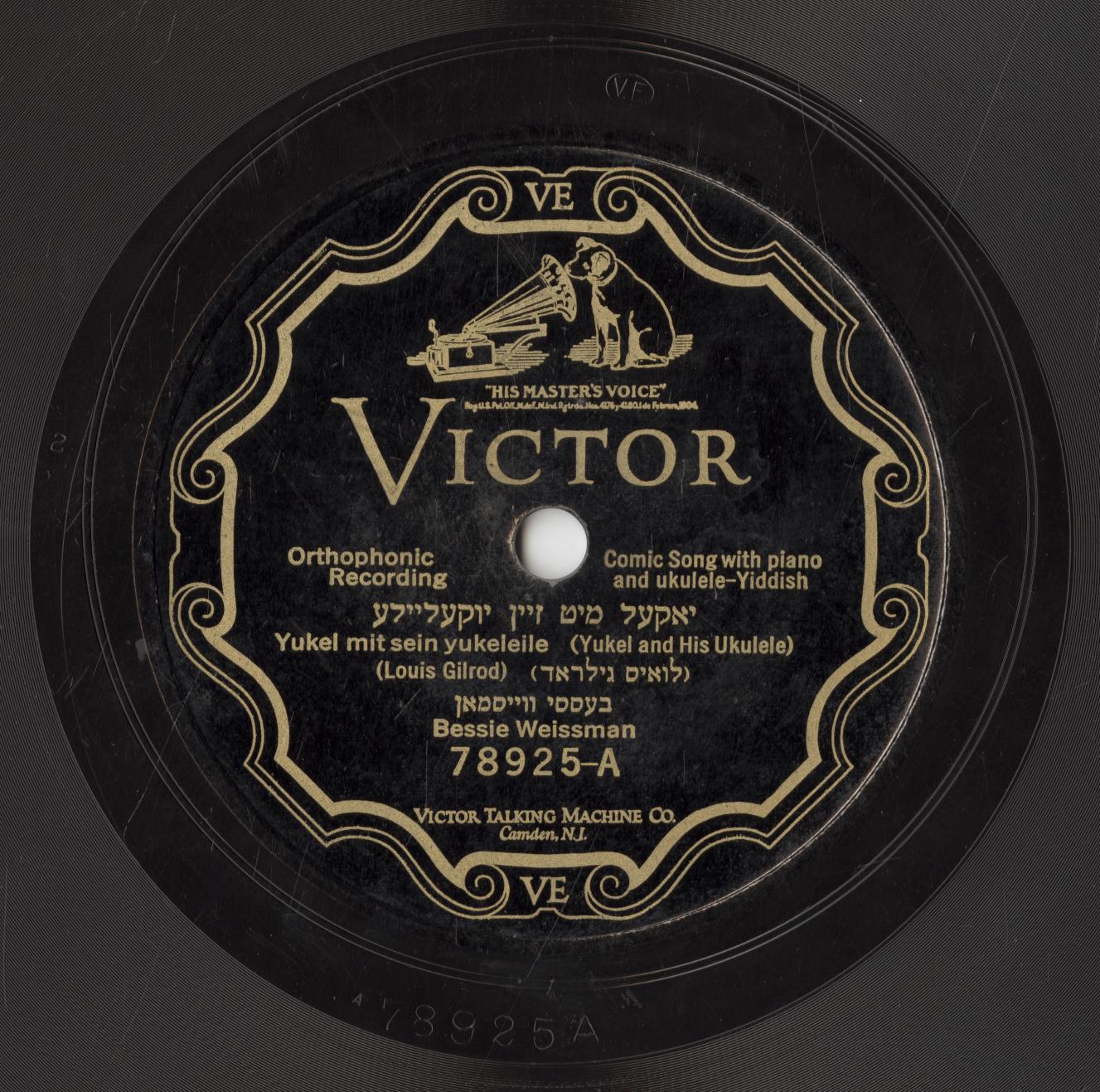Luthier Pete Mai has announced that he'll be shuttering Bonanza Ukuleles. Some stock remains for sale, but no new orders are being taken.
Snip:
As we reach the ten-year milestone with Bonanza Ukuleles, we find ourselves reflecting on a decade filled with creativity, friendship, and unforgettable memories. It is with a mixture of gratitude and wistfulness that we announce the conclusion of our journey.
Over the past ten years, we have had the privilege of building not just instruments, but also a community of passionate ukulele enthusiasts. Your unwavering support and enthusiasm have been the cornerstone of our success, and we are deeply thankful for each and every one of you.
A special note of thanks goes to Pete McCarty, whose early encouragement provided the spark that ignited our journey. Pete was not only our first customer but has remained a stalwart supporter thr"oughout the years. It is fitting that our final build will be for him, closing this chapter as it began—with Pete.
We also extend our heartfelt gratitude to Barry Maz and Got A Ukulele for their honest and insightful reviews. Barry’s work has helped us gain a loyal following and has been instrumental in spreading the word about Bonanza Ukuleles. Thank you for your dedication and support.
During our time, we have crafted over 1150 instruments, each one a labor of love and dedication. Our ukuleles have found homes in China, Australia, Europe, the United States, and Canada, connecting us with a global family of musicians and aficionados. Your love for our instruments has inspired us every step of the way.
As we say goodbye, we do so with a deep sense of fulfillment and gratitude. The friendships we have made and the memories we have forged will remain with us forever. Thank you for being a part of our journey and for allowing us to be a part of yours.
We will be keeping the website open for a couple of weeks to sell off our remaining inventory.
I have a few orders left to complete, but we won’t be taking any new orders.
With heartfelt thanks and warmest wishes,
The Bonanza Ukuleles Team
Shelley, Pete , and Tony Mai







